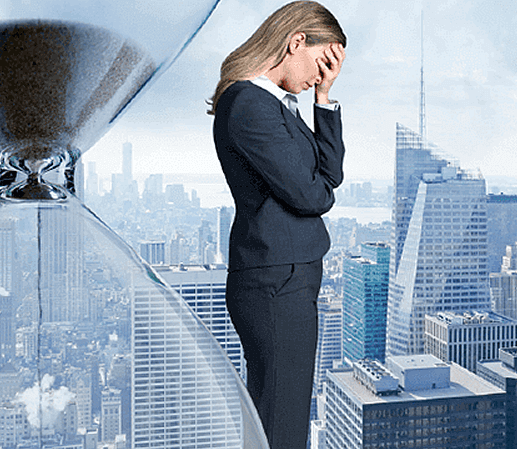
Breaking the Burnout Cycle
In recent years, the concept of burnout has evolved from an unspoken struggle that many of us felt but couldn’t quite articulate, to an officially recognised syndrome acknowledged by the World Health Organisation (WHO). This shift in acknowledgement has helped validate the experiences of many and provided a framework to identify the signs and symptoms and create effective strategies to reduce the debilitating impact it can have.
A study conducted in 2023 by Allianz in Australia revealed concerning figures regarding burnout’s impact on job satisfaction. Out of those surveyed, 33% expressed that burnout pressures are affecting their job satisfaction, and a significant 41% are contemplating leaving their current positions within the next 6 to 12 months. Allianz also noted a substantial 46% increase in mental health compensation claims compared to the pre-COVID times. With mounting pressures from various fronts, these statistics serve as a stark warning for both management and individuals to be on the lookout for those who may be exhibiting signs and symptoms.
Recognising burnout involves observing physical, emotional, and behavioural signs that may extend beyond the individual, affecting personal relationships with family and friends. The WHO identifies three main characteristics of burnout:
- Feelings of physical energy depletion and emotional exhaustion;
- Increased feelings of negativism or cynicism; and
- Reduced feelings of personal accomplishment.
Recognising these signs is paramount for individuals, irrespective of their professional status. Burnout does not discriminate. Feelings of exhaustion, negativity and reduced performance can be felt by anyone, and many caregivers, parents, volunteers, students, and athletes will attest to this.
Triggers for burnout extend beyond workload or inadequate leadership. The onset of exhaustion and negative feelings can quietly manifest through excessive technology use, challenges in setting boundaries, and the increasingly blurred lines between work and home.
Environmental elements, such as noisy surroundings or insufficient lighting, and restricted access to nutritious food can also play a role. Likewise, a poor diet, skipping meals and dependence on caffeine can hasten the progression of burnout.
Early intervention is key and burnout prevention is not solely the responsibility of employers but extends to communities, families, and individuals. By creating an active dialogue about what burnout looks like, and integrating stress adaptation tools into daily life, we can collectively address this escalating problem and make a positive difference in peoples lives.
At the Health Reflex we strive to create effective programs that educate and inspire corporates and individuals to proactively tackle this challenge head on. Our aim is to cultivate more energetic, engaged, and happier individuals for the benefit of all. If you would like more information, please contact us.
Allianz Australia Limited. (2023). The workplace realignment: Reset need as cost of living, fatigue and burnout puts pressure on workplace mental health. https://www.allianz.com.au/about-us/media-hub/the-workplace-realignment.html










Rattling superb info can be found on website.Raise your business
Feel free to visit my homepage: Teddy_G